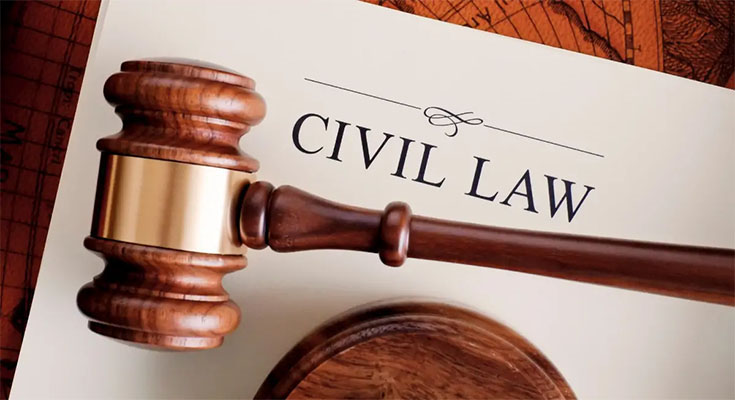As a plaintiff in a civil lawsuit, you may wonder what lawyers do and why they are needed in such a case. If you are a victim of a crime, you may want to seek justice in civil litigation rather than criminal court. Unlike criminal cases, plaintiffs have a lighter burden of proof. A criminal trial requires you to prove your case beyond a reasonable doubt, while civil litigation requires a less burdensome standard.
Legal roles of lawyers in civil cases
While lawyers are primarily responsible for representing the interests of clients in a lawsuit, their roles are also very diverse. They can be both plaintiffs and defendants, as well as accusers and witnesses in criminal cases. Appellate lawyers often represent the interests of plaintiffs and defendants in appeals. In addition to the above roles, they also act as investigators, gathering evidence for the record, and presenting oral arguments in the appellate courts.
In many countries, lawyers play many roles and are considered to be the backbone of the legal system. They are responsible for connecting society to the court system, and they have enormous responsibility. That is why lawyers must adhere to a strict code of ethics. In the United States, lawyers are typically involved in many aspects of a case. They also often draft legal papers and briefs and may be required to conduct extensive research. The career structure of lawyers varies from country to country. In countries that practice civil law, lawyers are allowed to move from one role to another.
Steps involved in retaining a lawyer
Retaining a lawyer is an essential first step in any lawsuit. Many of these lawsuits involve personal injury, breach of contract, divorce, and child custody cases. They can also involve lawsuits against government officials. Even animal cases, where the government does not directly intervene, fall under this category. Once a lawsuit is filed, both parties must file a complaint and answer to the complaint. If both parties agree to proceed with the lawsuit, a judge will then issue a scheduling order. This will detail important dates, including the trial date.
Generally, the retainer amount is held in trust until the fees are incurred. The attorney may, however, ask for additional amounts in addition to the retainer amount. These are additional costs beyond the retainer fee, such as discovery fees, court costs, and long-distance telephone bills. Fee disputes must be handled according to state regulations, though some states allow for arbitration to resolve disputes.
Typical workday for a civil litigator
In a typical civil litigator’s day, they may receive numerous phone calls or emails, read emails, and respond to other correspondence. They may also schedule court hearings, draft documents related to active cases, or prepare for them. Lawyers usually start their day early, as this allows them to be more productive when the office is closed. Besides ensuring a good day at the office, lawyers may also be busy with other duties, such as preparing for their day in court.
A typical civil litigator may spend two-thirds of their time completing billable tasks. In addition, nearly half of legal professionals say that time is not enough for productivity. Yet, they often experience more than 10 interruptions during the day. For better productivity, firms should use time tracking tools and budgets. However, only 54 percent of lawyers have a realistic idea of their annual billings. In addition to billing targets, attorneys should create a realistic schedule for their day.
Typical duties of a civil litigator
An attorney who practices civil law is called upon to provide legal counsel to their clients and appoint a team of lawyers to handle their cases. As a civil litigator, you will be responsible for drafting legal documents, analyzing evidence, presenting testimony, preparing briefs, and conducting research. In addition, you will be required to file motions, legal appeals, and briefs on time.
A civil litigator is an attorney who works for a client. He or she will handle every aspect of the lawsuit, including filing court documents, serving papers on the opposing party, gathering evidence, filing motions, and attending scheduled court hearings. Should the client lose the case, the civil litigator may file an appeal to the court. Typically, this attorney is employed by a business or an individual seeking compensation for an injury.










